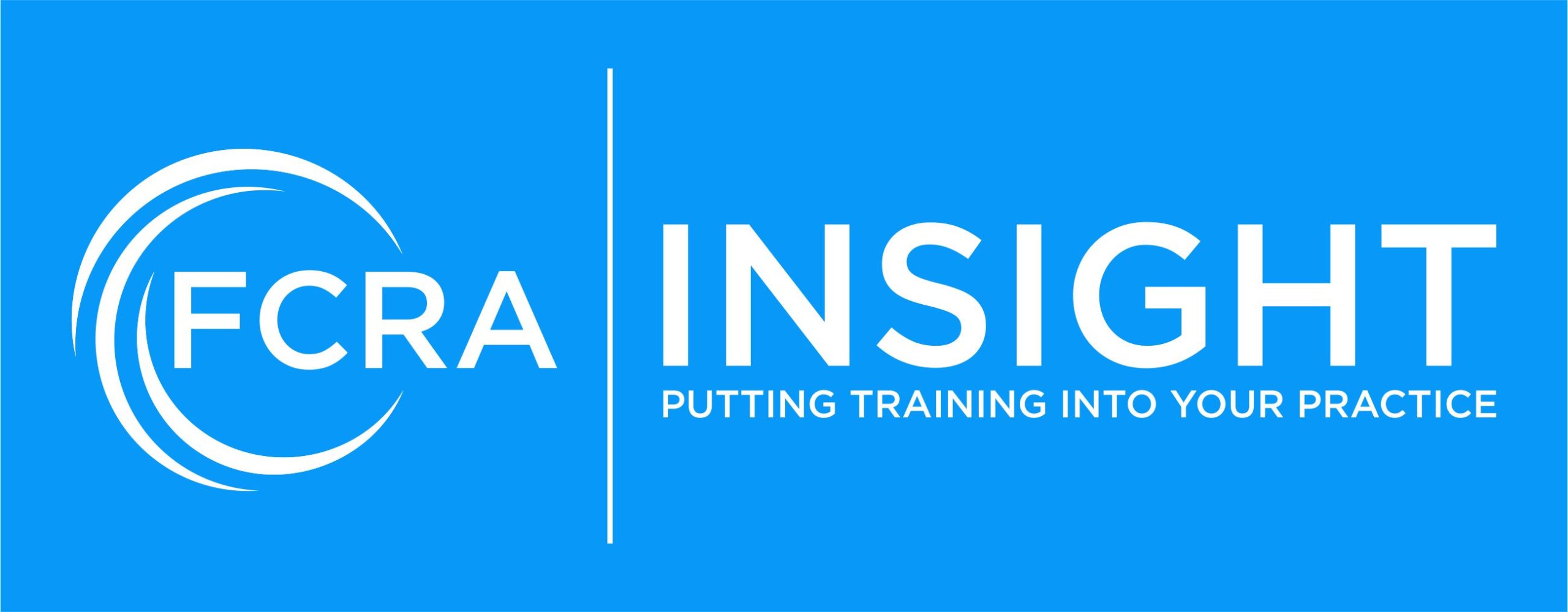Credit Reporting Firm
Mixed Credit Files
Someone Else’s Information on My Credit Report
Is Someone Else’s Account on Your Credit Report
If you have found credit care or other account information that belongs to someone else on your credit report, you may be the victim of a “Mixed Credit File.” While most people have never heard of a mixed credit file, the credit bureaus know a lot about them. A mixed credit file happens when a credit bureau confuses two consumers, usually when they share a number of personal identifiers like a first and last name, date of birth or address. Most often, this happens when two people share the same name or a similar name.
Two People, One File
Because family members can share several pieces of key personal identification information, they are far more likely candidates for a mixed credit file. Think for instance of a “John Jones” and his son “John Jones, Jr.” These individuals share the same first and last name, address, and former addresses. Because so many items of information matches, the credit bureau computers consider them as the same person and place the credit for these two people on a single report, and simply disregard any differences. The result is that both individuals suffer.
Mixed Files
Mixed files can cause havoc for both of the individuals involved. If your credit file has received data that belongs to another person as a result of a mix, your credit file may show that you carry debt more appropriate for two people than one. This can drive down your credit score and cause you to be denied credit or other opportunities.
If your credit data is not showing up in your own credit report — especially if you deal with nationwide banks and finance companies — your data may have gone onto another person’s report. This means that your financial credit history may be disclosed to people who you do not know and do not deal with. This kind of mix not only leaves you without the benefit of your own good credit, but also violates of your financial privacy by distributing your data to people who have no right or need for it.
Disputes Won’t Help
If you are like other victims of a mixed credit file, you may have disputed the problem, only to have it corrected and return again. This is because the credit bureau computers will treat new incoming data the same way as it treated the data that came in before it. These systems are programmed to treat similar data in similar ways. So even if you have disputed before, the problem is likely to return when new credit information about you is received by the credit bureau. Ultimately, your reports won’t likely be corrected until you can convince the bureaus to change the way that they handle new data coming into your credit file.
Because the credit bureaus don’t have computer programmers handling consumer disputes, most disputes of mixed files are only temporary fixes. In order to get a more permanent solution, your best bet will be to file a lawsuit. In the vast majority of our cases, we resolve our cases with the credit bureaus by securing restoration of your own credit history. Call us now at (248) 208-8864 to speak to one of our Michigan attorneys. Or you can fill out our information form to get help with your Michigan mixed credit file now.
What Additional Resources Are Available?
- Want to see a list of the credit bureaus who keep data on you? Check out our Credit Bureau List.
- If you need help deciding which reports you need, you can read our article on Credit Reports to Order.
- Need help getting your credit report, see our article on How to Get Your Credit Report.
Common Cases
You may have a case under the Fair Credit Reporting Act if you notice the following things on your background report:
- Fraudulent identity theft accounts on your credit credit report.
- Someone else’s Information on your credit report.
- Paid accounts still showing a balance due.
- Reporting your accounts in good standing as charged off or in collections.
- Discharged debts still reporting as owed.
- Paid tax lies showing as still owed.
- Derogatory accounts more than 7 years old still on your report.
- Previously deleted accounts that have been reinserted on your report.
- Duplicate reporting of the same account.
If you would like help with one of these problems, call (888) 400-CREDIT | (888) 400-2733 or contact us through this site.
How Much Are Your Fees?
We only charge a fee if we are able to recover for you, and The Fair Credit Reporting Act requires the other side to pay your attorney’s fees if you win. You pay nothing up front and we take our fee from the other side.
Follow Up and Monitoring
After your case is done, we will help you to regularly check and monitor your background checks with free annual reviews of your background checks and credit reports to insure that you stay free of false conviction information.
Work with a Credit Report Attorney
If you have been the subject of an inaccurate credit report, you may have be able to seek a correction and compensation for any harm. Our firm can help. For more than 25 years, the attorneys of Lyngklip & Associates have represented victims of bogus credit reports credit reports and been a resource for Michigan consumers who need the help of an experienced lawyer.
To learn more or to schedule a free initial consultation with a credit report lawyer, contact our law firm today or call (888) 400-CREDIT | (888) 400-2733 or contact us through this site. In Michigan, you can reach our office at (248) 208-8864.







